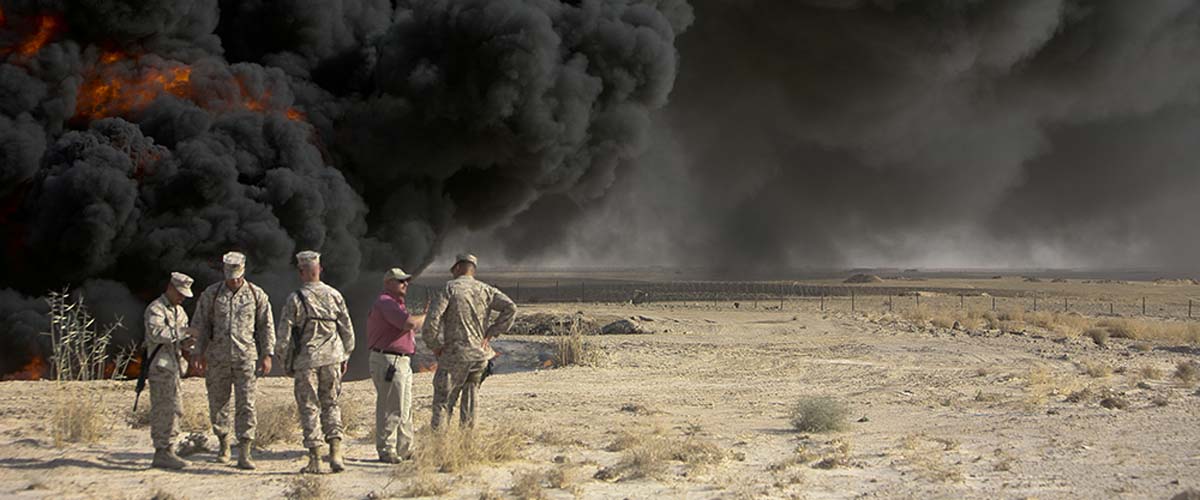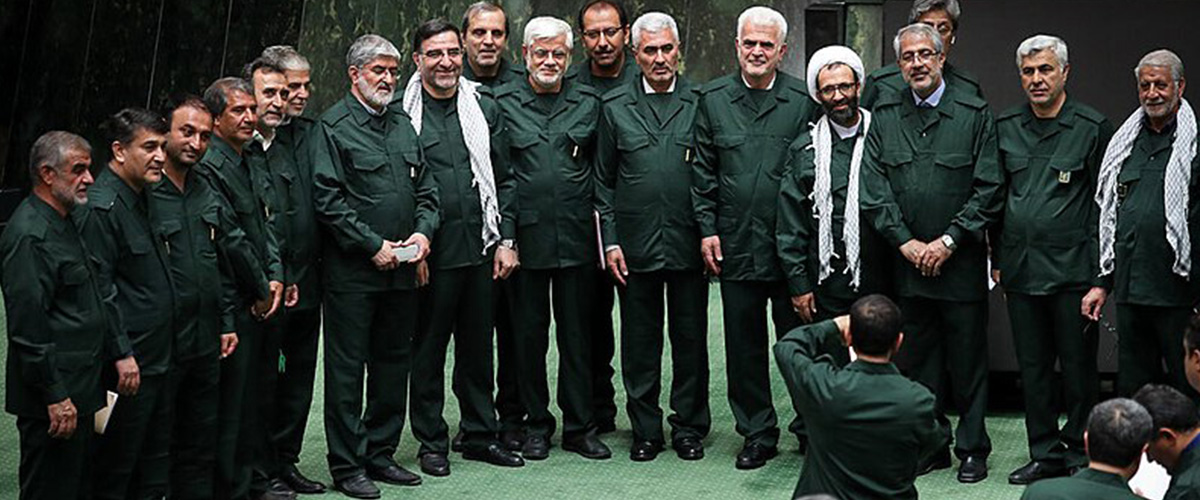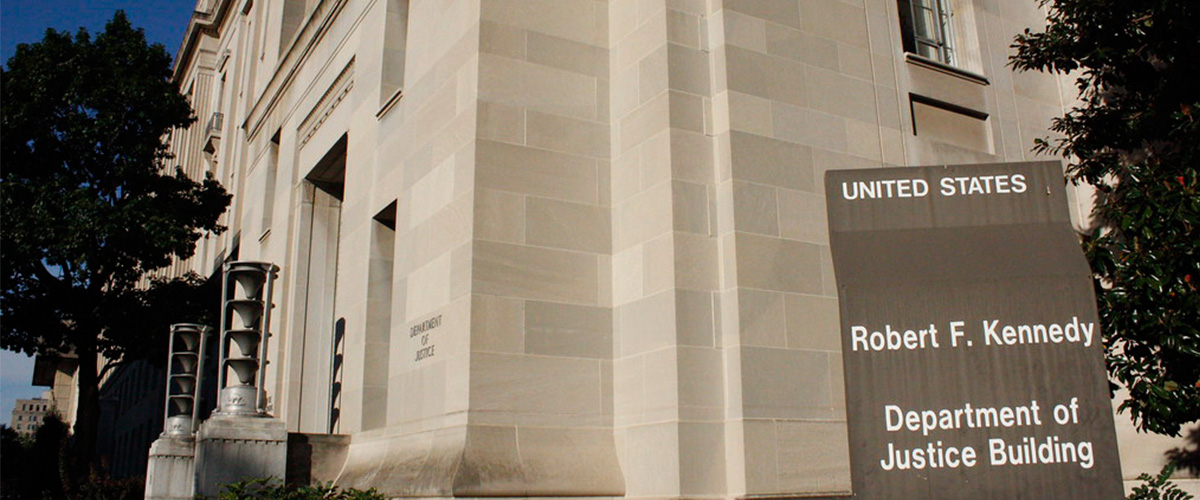
The U.S. Supreme Court Considers Burn Pit Case
On March 1, the U.S. Supreme Court signaled that is considering a case involving a Texas State Trooper who claims he lost his job after a deployment to Iraq and exposure to burn pits. The high court invited the federal government to provide an opinion on the case, LeRoy Torres v. the Texas Department of Public Safety.
This move indicates that the justices are reviewing the case.
What is the Torres v. Texas Department of Public Safety case about?
Torres v. Texas Department of Public Safety concerns whether or not the state of Texas violated the Uniformed Services Employment and Reemployment Act or USERRA. This act prevents employers from firing or demoting National Guard and Reserve members who must leave their civilian jobs to train or deploy.
At the heart of the cases is Army Reserve Capt. Leroy Torres. In 2007, Torres deployed to Joint Base Balad—a site with a 10-acre, open-air burn pit. According to Torres and others, smoke from the burn pit covered worksites and quarters of the base for years. Torres says that his constant exposure to the smoke—which contained dangerous toxic, chemicals and fine particle matter, led to the following illnesses:
- Chronic cognitive issues
- Constrictive bronchiolitis (a debilitating lung condition noted by scarring of the lungs in the smallest airway branches.)
What happened after Torres returned home?
When he returned home from his deployment, the Texas attorney general’s office said his respiratory condition would not allow him to serve on the road. As a result, Torres asked for a position within the administrative department. In addition, he provided a list of tasks he could do. However, he says that he was encouraged to resign and apply for disability retirement. The state rejected his disability retirement application.
In court documents, the Texas attorney general’s office said that Torres was offered an administrative position, but placed on leave because he missed too much work as a result of his illness.
Why did Torres sue Texas?
Torres sued the state for $1 million because he says the state was required to make accommodations for his service-connected disability.
How did the state respond to Torres’ lawsuit?
In its response to his lawsuit, Texas argued that the case should be dismissed because of sovereign immunity—which prevents governmental entities from private damages unless Congress specifically waives its immunity.
Texas won.
The lower court denied Torres’ claim and the Texas Supreme Court decided not to hear the cases—setting the stage for a U.S. Supreme Court petition.
Why is Torres v. Texas Department of Public Safety important?
There are roughly 800,000 current and former Reserve and National Guard members who work for state or local governments. It is unknown if others have been forced or pressured to resign as a result of the military service. How the court rules on the Torres case could set a dangerous precedent for members in the reserves.
To date, more than 208,000 service members and veterans have enrolled in the Department of Veterans Affairs Airborn Hazards and Open Burn Pit Registry. The registry accounts for those who served in the Middle East since 1990 and have deployment-related health concerns.
We’ve got your six.
The Veteran Legal Assistance Program is here to support veterans and active-duty soldiers. In addition to offering valuable information, we are here to amplify the voices of Veterans and their families. If you are in need of assistance, contact the Veterans Legal Assistance Program and let us know how we can help.
We are Veterans helping Veterans.



